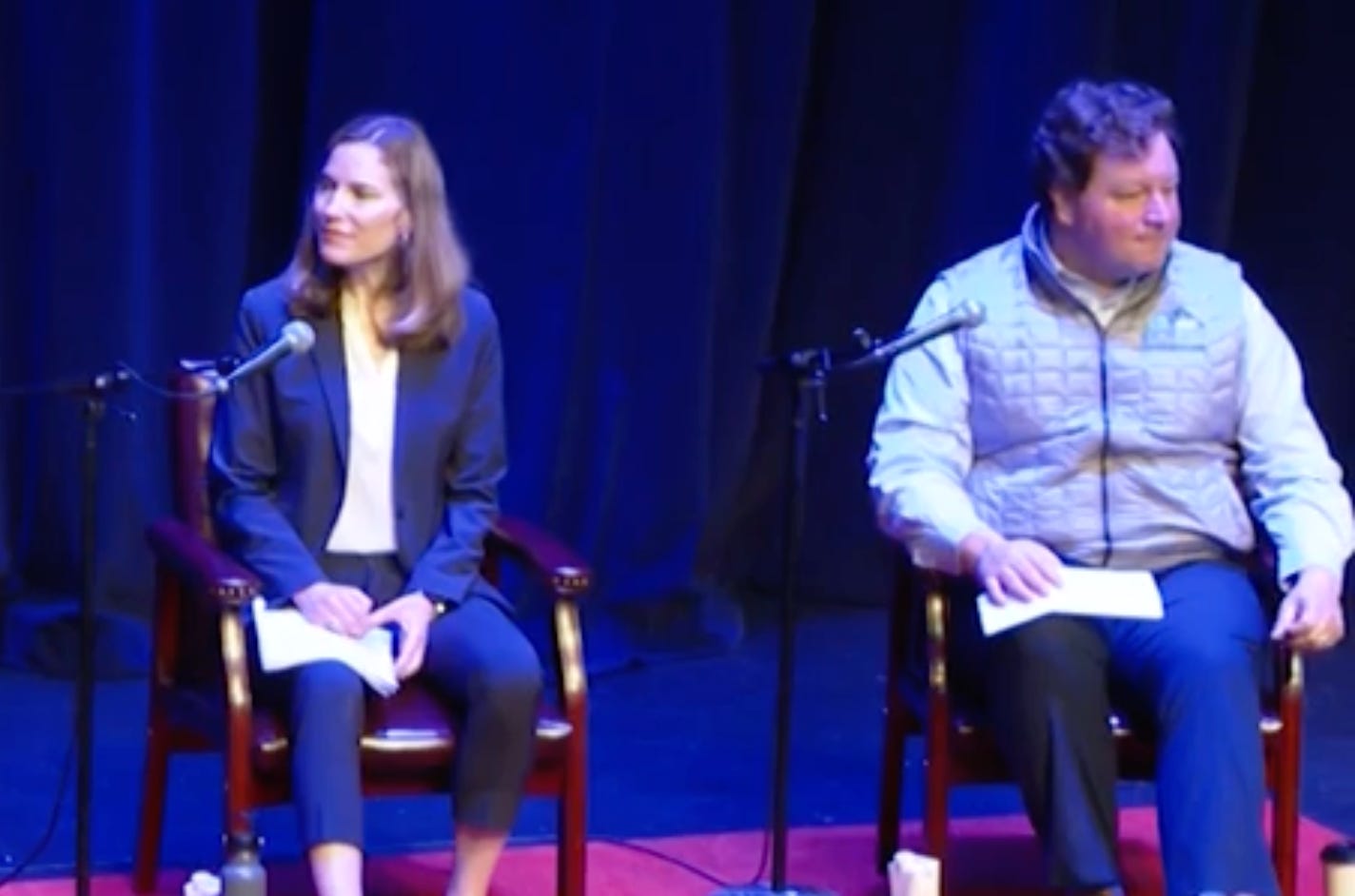No Steak in the Game: State Officials' Silence Sparks Hunger Concerns for SNAP Beneficiaries
If Vermont challenges the Trump administration over SNAP data privacy and loses, could the state protect residents from hunger? Officials criticizing Governor Scott's decision won’t say.

Scott’s two loudest detractors may be right to call for a fight. But if they lose, they won’t go hungry, while thousands of Vermonters might.
As Vermont’s top elected Democrats voice strong opposition to Governor Phil Scott’s decision to comply with a Trump administration demand for SNAP recipient data, a critical question remains unanswered: What happens if Vermont joins the legal fight—and loses?
Both Vermont Treasurer Mike Pieciak and Attorney General Charity Clark declined to respond to a request from Compass Vermont seeking clarification on whether the state could financially sustain the Supplemental Nutrition Assistance Program (SNAP) if federal funds were withheld during litigation.
The question was not abstract. While the likelihood of federal retaliation is low, it is not zero. According to federal policy experts consulted by this outlet, the USDA does have the authority to pause administrative funding for states deemed out of compliance with program rules—something that could cripple a small state like Vermont, even temporarily.
The inquiry sent by Compass Vermont to Clark and Pieciak read in part:
“Is the State of Vermont in a sound enough financial position to fund the [SNAP] program during a pause of any length and, if so, how long?... We would appreciate your description of what the safety net for SNAP recipients could rely on if the least likely scenario took place and our residents' food supply is placed in danger.”
The letter emphasized the publication’s nonpartisan position and noted the financial disparity between Vermont and larger, wealthier states also opposing the federal directive, such as California and New York.
No reply was received.
The Stakes: Not Just a Legal Fight—A Hunger Risk
At the core of this standoff is the Trump administration’s demand for personal information—names, addresses, birth dates, and Social Security numbers—of everyone who received SNAP benefits in the past five years. The administration says the request is part of an anti-fraud effort. Many legal experts and privacy advocates argue it’s a gross overreach.
To date, 20 states have filed lawsuits to block the directive. Vermont has not. Attorney General Clark and Treasurer Pieciak have publicly criticized Governor Scott’s compliance but stopped short of initiating or joining litigation.
What remains unanswered—and potentially more consequential than the legal debate—is what would happen to SNAP recipients in Vermont if the state did join the suit, lost, and had its federal administrative funding paused or withheld as a penalty.
According to policy analysts, federal law gives the USDA authority to withhold funding from states that fail to comply with program requirements. While rare, this kind of action is not without precedent—especially under administrations that seek to centralize control over social programs.
Even a temporary halt in funds could place Vermont’s SNAP administration in jeopardy. If the state is unable to cover the gap, tens of thousands of low-income Vermonters could lose access to food assistance, or see major delays in benefits.
According to the latest state data, more than 64,000 Vermont residents rely on SNAP benefits—many of them children, seniors, and working families.
Is Principle Worth the Gamble?
The silence from Vermont officials leaves several possibilities:
They don’t believe the federal government would follow through on a threat to cut funding—but cannot guarantee it won’t.
They do not have a backup plan or cannot confidently state that Vermont could cover the costs if funds were withheld.
They believe the principle of privacy is more important, regardless of the risk to the most vulnerable residents.
Any of these explanations carries significant consequences.
Without a response, the public is left to assume that state leaders either do not have a plan—or do not wish to share it.
The Public Deserves Transparency
Vermonters have a right to understand both the ethical and practical dimensions of this conflict. It is not enough to oppose a policy on moral grounds without answering how the fallout would be managed.
Attorney General Clark and Treasurer Pieciak have been vocal in defending privacy rights and denouncing federal overreach—but have said little about how they would protect the people most affected if their position puts funding at risk.
For a well-off state official, the stakes may be political or philosophical. For a SNAP recipient, the stakes are concrete: a missed meal, an empty fridge, a hungry child.
If state leaders are prepared to gamble on principle, Vermonters deserve to know what they’re betting with—and who will bear the loss if the hand doesn’t play out in their favor.
Until then, the question remains unanswered—and Vermonters, particularly those who rely on SNAP, are left to wonder what their government is willing, or able, to do for them.

